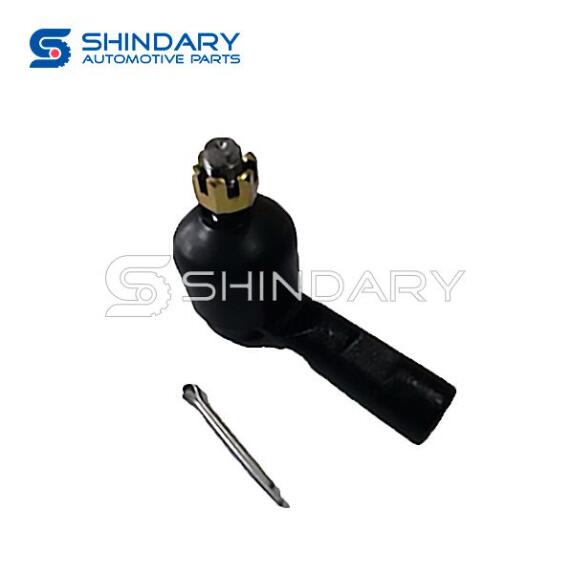Maintaining a car isn't just about occasional tune-ups; it's a commitment to ensure the longevity, safety, and optimal performance of your vehicle. While every part of a car contributes to its overall function, certain components require more attention and care to prevent breakdowns, enhance safety, and avoid costly repairs. In this article, we highlight the key parts of a car that need the most maintenance to keep your ride roadworthy and reliable.
Engine Oil and Filter
The engine is the heart of your car, and proper lubrication is essential for its smooth operation. Regularly changing the engine oil and filter helps prevent friction, overheating, and wear, ensuring optimal performance and extending the engine's lifespan. Consult your vehicle's manual for recommended oil change intervals, typically every 3,000 to 7,500 miles, and use the appropriate oil grade for your engine.
Tires
Tires are your car's point of contact with the road, impacting both safety and fuel efficiency. Regularly check tire pressure, alignment, and tread depth. Underinflated or worn-out tires can lead to poor handling, decreased fuel economy, and increased braking distances. Rotate and balance your tires as recommended in your car's manual to promote even wear and prolong their lifespan.

Brake System
A reliable brake system is crucial for safe driving. Regularly inspect brake pads, rotors, and fluid levels. Squealing or grinding noises, vibrations, or a soft brake pedal can indicate brake issues that require immediate attention. Prompt brake maintenance prevents accidents and expensive repairs.
Fluid Levels
Various fluids keep your car's systems running smoothly. Regularly check and top up engine coolant, transmission fluid, brake fluid, power steering fluid, and windshield washer fluid. Neglecting fluid levels can lead to overheating, transmission problems, reduced braking effectiveness, and compromised visibility.
Air Filters
Air filters prevent dirt, dust, and debris from entering the engine and cabin. Clogged air filters restrict airflow, reducing engine efficiency and potentially damaging engine components. Regularly inspect and replace both the engine and cabin air filters to ensure optimal engine performance and clean air circulation within the vehicle.
Battery
The battery provides the electrical energy required to start your car and power various systems. Regularly inspect battery terminals for corrosion, ensure a secure connection, and clean them if needed. Test the battery's voltage regularly, especially before extreme weather conditions, and replace it as recommended by your vehicle's manufacturer.
Belts and Hoses
Belts, such as the serpentine belt, drive various engine components, while hoses transport fluids throughout the vehicle. Inspect belts for cracks, fraying, or excessive wear, and replace them as needed. Check hoses for leaks, bulges, or soft spots. A broken belt or hose can cause serious engine damage and leave you stranded.
Suspension and Steering Components
A well-maintained suspension system ensures a smooth and comfortable ride. Regularly inspect shocks, struts, and other suspension components for signs of wear, leaks, or damage. Additionally, check steering components for proper alignment and responsiveness.
Conclusion
Regular maintenance is the key to keeping your car reliable, safe, and efficient on the road. While all parts of a car play a role in its overall performance, focusing on these essential components – engine oil and filter, tires, brakes, fluid levels, air filters, battery, belts and hoses, and suspension and steering components – will help you avoid costly repairs, extend your vehicle's lifespan, and enjoy a smoother driving experience. By prioritizing routine maintenance and promptly addressing issues, you can ensure that your car remains roadworthy and ready for whatever journeys lie ahead.


Comments
Please Join Us to post.
0